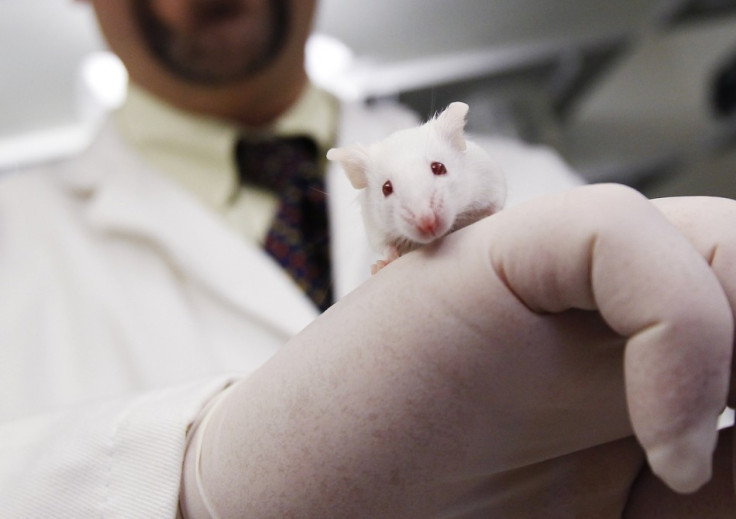Leukaemia Drug 'Significantly Restricts Tumour Growth' in Broad Range of Cancers

A leukaemia drug has been found to "significantly restrict" tumour growth in a wide range of other forms of cancer, scientists have discovered.
Drugs, called p110δ inhibitors, have been found to have an unexpected side effect of boosting the body's immune response against cancers including pancreatic cancer, for which there are currently few treatments.
Scientists at UCL and the Babraham Institute, Cambridge, say this is the first evidence that these drugs can significantly restrict tumour growth, as well as reduce the risk of relapse. They found the inhibition of the p110δ enzyme helps to boost the immune system and kill tumour cells.
Published in the journal Nature, findings showed the drug significantly increased survival rates in mice across a broad range of tumour types – breast cancer survival was twice as long, while survival after surgical removal of tumours was "vastly improved". The drugs allowed the immune system to develop an effective memory response in fighting off cancer.
Co-leader of the study Bart Vanhaesebroeck, from UCL, said: "Our study shows that p110δ inhibitors have the potential to offer effective immunity to many types of cancer by unleashing the body's own immune response. p110δ is highly expressed and important in white blood cells, called 'leukocytes'.
"Given that leukaemias are the result of leukocytes becoming cancerous, they are a natural target for p110δ inhibitors. Now, we have shown that blocking p110δ also has the remarkable effect of boosting the body's immune response against leukaemias as well as other cancers."
Klaus Okkenhaug of the Babraham Institute, said the inhibitors shift the balance from the cancer becoming immune against the body's defences towards the body becoming immune to the cancer. "This provides a rationale for using these drugs against both solid and blood cancers, possibly alongside cancer vaccines, cell therapies and other treatments that further promote tumour-specific immune responses."
Nic Jones, Cancer Research UK's chief scientist and director of the Manchester Cancer Research Centre, said the study offers more potential to develop treatments for far more cancers.
"If the findings hold true in cancer patients this could make a big difference to many of them," he said. "The good news is that because the drugs used in this study are already being used in the clinic, we could see rapid translation of this research into patient benefit."
© Copyright IBTimes 2025. All rights reserved.























